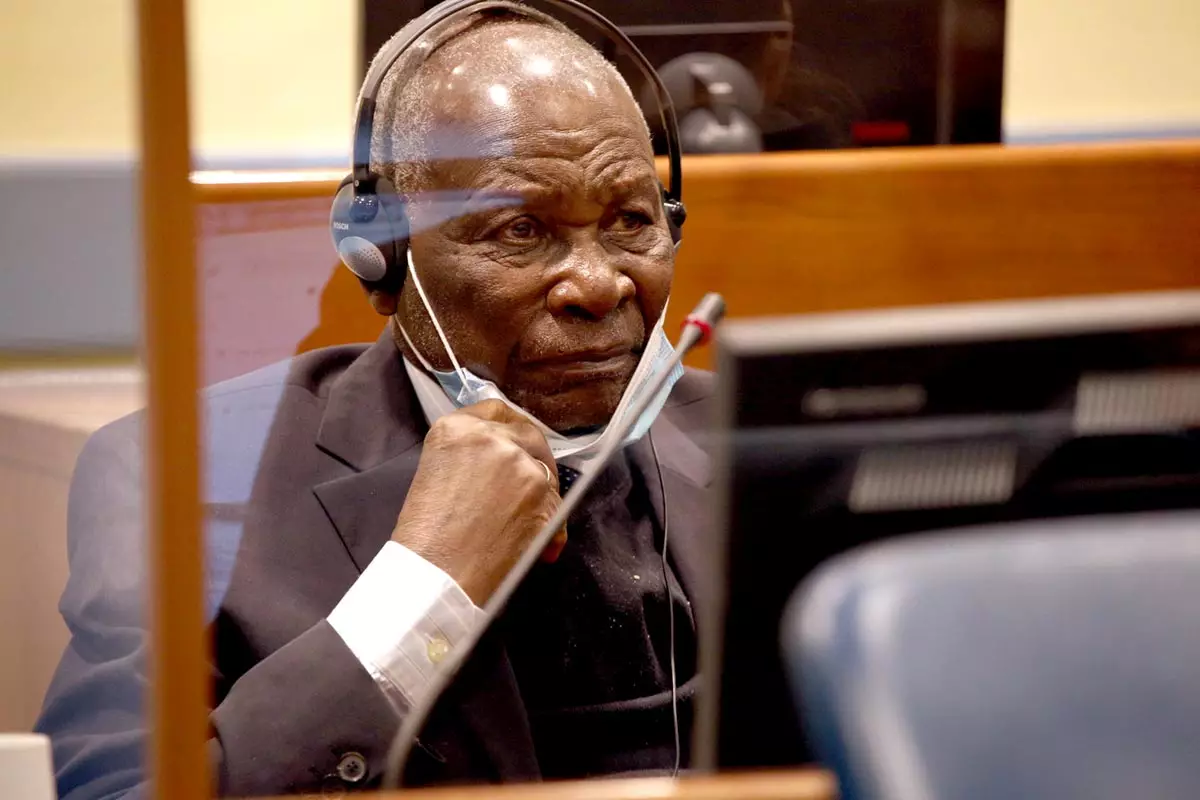Kerry Howard Mwesigwa.
A recent UN appeal court ruling has sparked legal and emotional turmoil among survivors of the Rwandan genocide. The Ibuka association, representing genocide survivors, has expressed strong disapproval of the decision regarding the potential release of Felicien Kabuga, a former business tycoon accused of involvement in the 1994 genocide. The unfolding legal proceedings shed light on the delicate intersection of justice, accountability, and the complex aftermath of one of history’s gravest atrocities.
The Ibuka association, an advocate for those who survived the Rwandan genocide, is confronting a contentious UN appeal court ruling in the case of Felicien Kabuga. Kabuga, once a prominent business figure, stands accused of contributing to the genocide through the establishment of a hate-driven broadcasting platform. Naphtali Ahishakiye, the executive secretary of Ibuka, voiced the survivors’ strong discontent, considering the ruling as a potential setback for justice.
The legal journey of Felicien Kabuga has been marked by intricate legal twists. Initial judges determined Kabuga’s unfitness to stand trial due to health reasons, leading to a streamlined legal process without a verdict. However, appeals judges recently reversed this decision, arguing that the lower court had committed a significant “error of law.” Consequently, they recommended an urgent reconsideration of Kabuga’s potential release, creating further uncertainties in the legal landscape.
The case against Kabuga alleges his involvement in the creation of Radio-Television Libre des Mille Collines (RTLM), a broadcasting platform that played a role in inciting violence against Tutsis. The accusations underscore the complex legal challenge of addressing individuals’ roles in mass atrocities. Kabuga’s medical diagnosis of “severe dementia” complicates the determination of his legal responsibility, raising questions about the intersection of health and accountability in international law.
The Ibuka association’s dissatisfaction with the ruling highlights survivors’ ongoing pursuit of justice. Ahishakiye’s statement reflects the survivors’ commitment to prioritize justice and accountability over potential compromises. This stance emphasizes the importance of legal proceedings in ensuring that those responsible for heinous crimes are held accountable while addressing the challenges posed by the health of the accused.
Prosecutor Serge Brammertz, while acknowledging the decision’s impact, stressed the necessity of respecting the Appeal Chamber’s ruling. He reaffirmed his dedication to the victims and survivors of the genocide, noting that the recent arrest of another individual accused of participating in a massacre exemplifies the ongoing pursuit of justice. The Kabuga case serves as a reminder of the complexities inherent in prosecuting individuals involved in mass atrocities.















